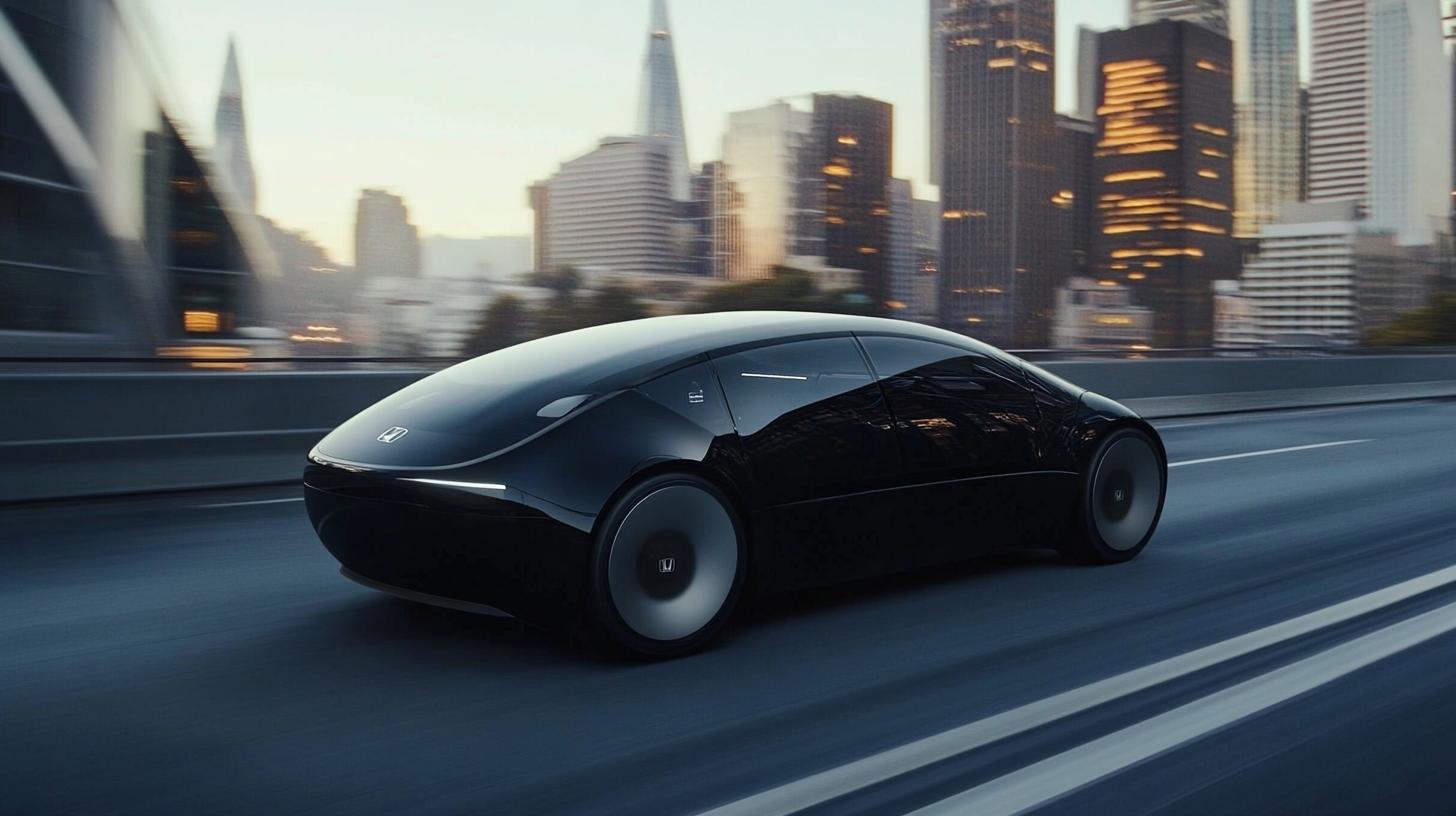Ionetic, an innovative UK-based startup, is transforming the electric vehicle (EV) industry with its groundbreaking system, Arc. Designed to drastically slash development costs and production timelines, this technology delivers a fresh approach for automotive manufacturers eager to stay ahead in the EV race.
The Need for Speed and Efficiency
As the demand for electric vehicles surges, manufacturers require innovative solutions to expedite their processes. Ionetic’s Arc steps up, offering automated design capabilities and pre-validated components. By integrating these features, Arc aims to significantly reduce the usual $30 million investment and four-year development period that custom battery systems typically demand.
A Tailored Approach for Diverse Needs
Arc is engineered to serve manufacturers producing from 100 to 10,000 battery packs annually. It is particularly beneficial for those crafting niche vehicles like trucks, buses, and sports cars. The system combines AI-driven design tools with adaptable manufacturing strategies, encouraging a more efficient development process.
Overcoming Development Challenges
Global automotive manufacturers often grapple with choosing between costly bespoke battery packs and suboptimal off-the-shelf options. Ionetic’s Arc provides a compelling alternative by optimizing battery designs with AI and supporting diverse battery cell formats. The result is a system that aligns with a semiconductor fabrication model, allowing seamless, multi-customer production.
Since its inception in 2022, Ionetic has focused on tackling production hindrances, offering manufacturers a streamlined path to bringing electric vehicles to market. By reimagining the development process, Ionetic is poised to play a pivotal role in the future of EV manufacturing.
How Ionetic’s Arc Could Revolutionize Everyday Commutes and City Life with Cheaper Electric Vehicles
Powering the Future: The Wider Implications of Ionetic’s Arc on Society
While Ionetic’s Arc technology is making waves in the automotive industry by cutting development costs and timelines for electric vehicle (EV) manufacturers, there’s much more beneath the surface that impacts not just car makers, but everyday people, communities, and entire nations. Here’s a look at how Ionetic’s breakthroughs could reshape our daily lives.
More Affordable Electric Vehicles for the Masses
One of the most immediate effects of Ionetic’s technology is the potential dip in the retail cost of electric vehicles. As production costs fall, savings could be passed down to consumers, making electric vehicles affordable for a broader segment of the population. This democratization of EVs could lead to wider adoption, reducing the carbon footprint of cities and helping countries meet ambitious sustainability targets.
Transforming Public Transport
Arc’s flexibility in producing battery packs tailored for different vehicle types—including buses—presents exciting opportunities for public transportation systems. Cities could revamp their fleets with electric buses that are not only more environmentally friendly but also economical in the long run. This shift can improve air quality and reduce noise pollution in urban areas, making cities more livable.
Boosting Local Economies and Job Creation
With a reduction in the overhead costs traditionally associated with battery pack production, local manufacturers might find themselves better positioned to enter or expand within the EV market. This could lead to job creation in emerging manufacturing hubs and stimulate local economies. More manufacturers joining the EV industry could drive competition, leading to innovations and efficiencies across the board.
Controversies and Challenges on the Horizon
While the benefits are enticing, Ionetic’s Arc is not without its controversies and questions. Can this technology scale effectively to meet global demand while maintaining quality and safety standards? How will traditional car manufacturers adapt to this disruptive technology, and will all stakeholders benefit equally? The rapid pace of technological change could also lead to regulatory challenges as governments scramble to update policies that keep pace with industry advancements.
Is this the End for Oil-Dependent Economies?
A globally increased shift toward EVs, facilitated by Ionetic’s advancements, could expedite the end of the internal combustion engine’s dominance. This transition could spell trouble for economies heavily reliant on oil exports. Will these countries pivot towards renewable energy sources, or face economic stagnation? The geopolitical landscape could shift dramatically as energy dependencies are transformed.
Conclusion: A New Chapter for Sustainable Living
Ionetic’s Arc is more than just an industry innovation; it is a potential catalyst for broad societal change. By breaking down barriers to EV production, supporting sustainable urban living, and fostering economic opportunities, Arc presents a vision for a cleaner, more connected world. The path to this future is paved with questions and challenges, but also promise and potential.
For more insights on the future of electric vehicles, visit Tesla and BMW.























